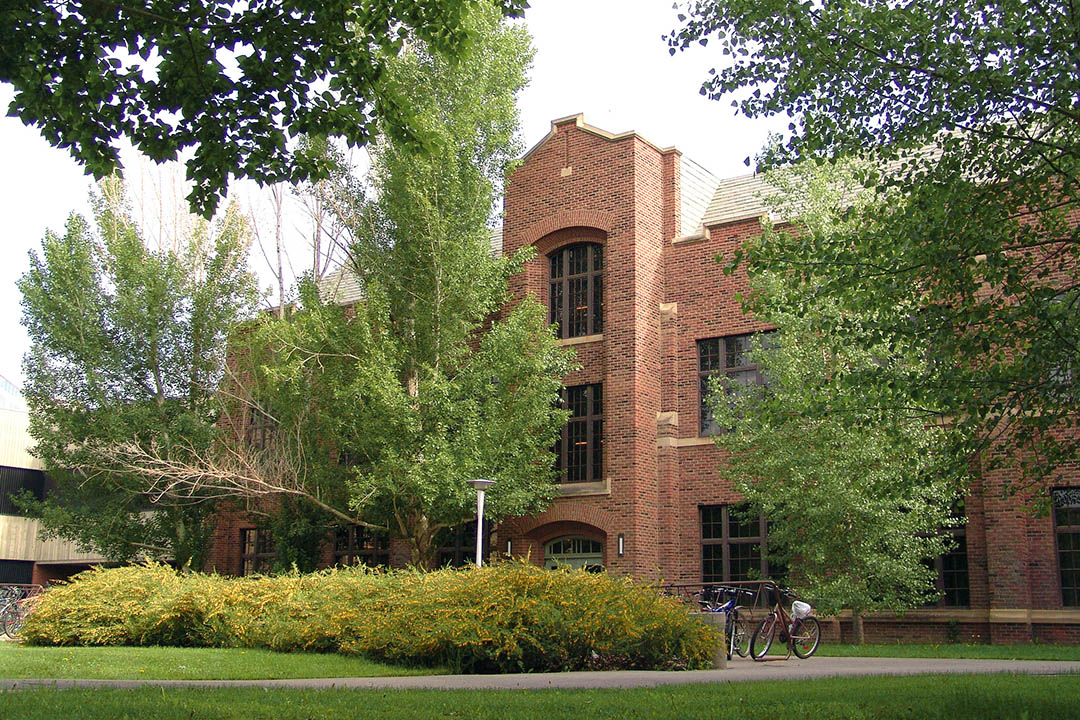
College of Engineering opens doors to a broader range of students
High school students no longer need to take Calculus 30 in high school to apply to the University of Saskatchewan’s (USask) College of Engineering, which is striving to attract more students—including those who may not have considered engineering before.
Often students are unable to take calculus because it’s not offered at their high school or they opted to take a more varied course load, said Dr. Bruce Sparling (PhD), associate dean academic and professor in the College of Engineering.
“Calculus 30 is not taught in a lot of rural schools and in almost no northern schools, which makes it very difficult for students in those areas to get the required prerequisites,” said Sparling.
He said the college also wanted to remove the Calculus 30 requirement to attract students beyond those who focus on math and science, to give students from different backgrounds and communities the opportunity to study engineering.
“It was a barrier for students with broader interests and we want those kinds of students, too,” he said.
USask was one of only two western Canadian universities to require Calculus 30 for admission to its Bachelor of Science in Engineering program.
Sparling notes that the college has plenty of supports available for students who might struggle to succeed with Calculus and the overall academic load in their first year. These include facilitated study sessions, peer mentorship programs and student-led tutorials.
“We’re going to monitor how our students are feeling about their experience in calculus and if they need additional support, we can certainly do that,” Sparling said. “We will support students to make sure they can succeed.”
Dr. Suzanne Kresta (Ph.D.), dean of the College of Engineering, notes there is significant overlap between Calculus 30 and some first-year engineering courses. Removing the Calculus 30 requirement eliminates this, creating a more streamlined educational experience.
According to a review done by the college, taking Calculus 30 in high school didn’t result in a significant increase in understanding for students once they started learning Calculus at university.
“Doing the work twice doesn’t make any sense because the first time you did it is not a good predictor of your success in the university course,” said Kresta. “People see the benefits in reducing barriers, so the feedback has been almost universally positive.”
She also notes that the change helps to increase academic diversity among applicants, helping the college fulfil a key strategic goal.
“We want to attract students that may have wanted to take a language course in high school or be involved in political science,” said Kresta. “It builds a future of a profession that’s more diverse, more inclusive, and ready to tackle a broader range of problems because we have a bigger toolkit. It’s really the future of the profession, as well as the future of the college.”
Along with enhancing diversity and helping students succeed, Kresta said a key goal of the college is to cultivate innovative thinking, and that it will always urge its students to discover how they can change their world.
“Engineering is a place for problem solving,” said Kresta. “It's a place for teamwork, and it's a place for making a difference in the world.”

